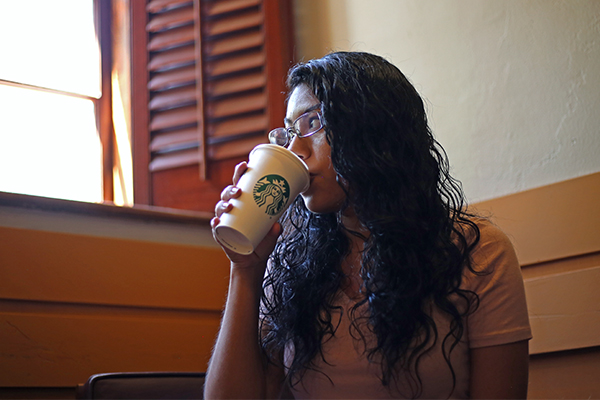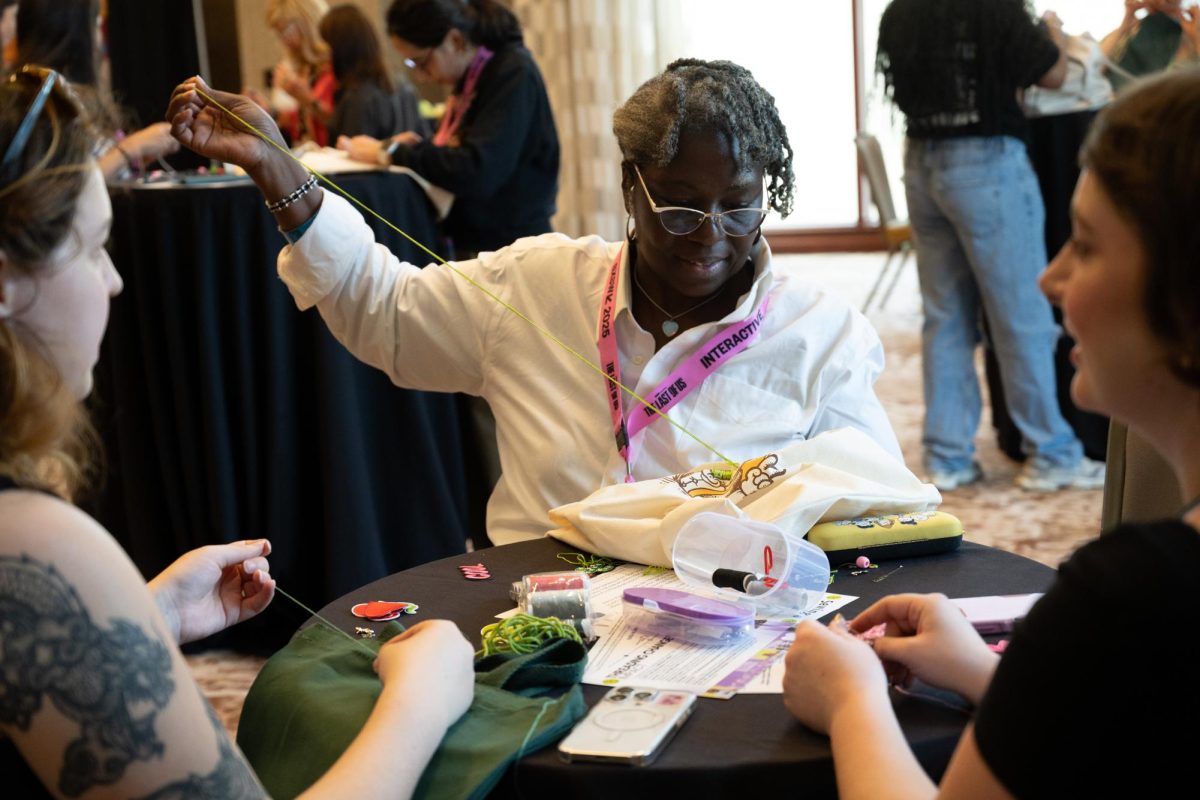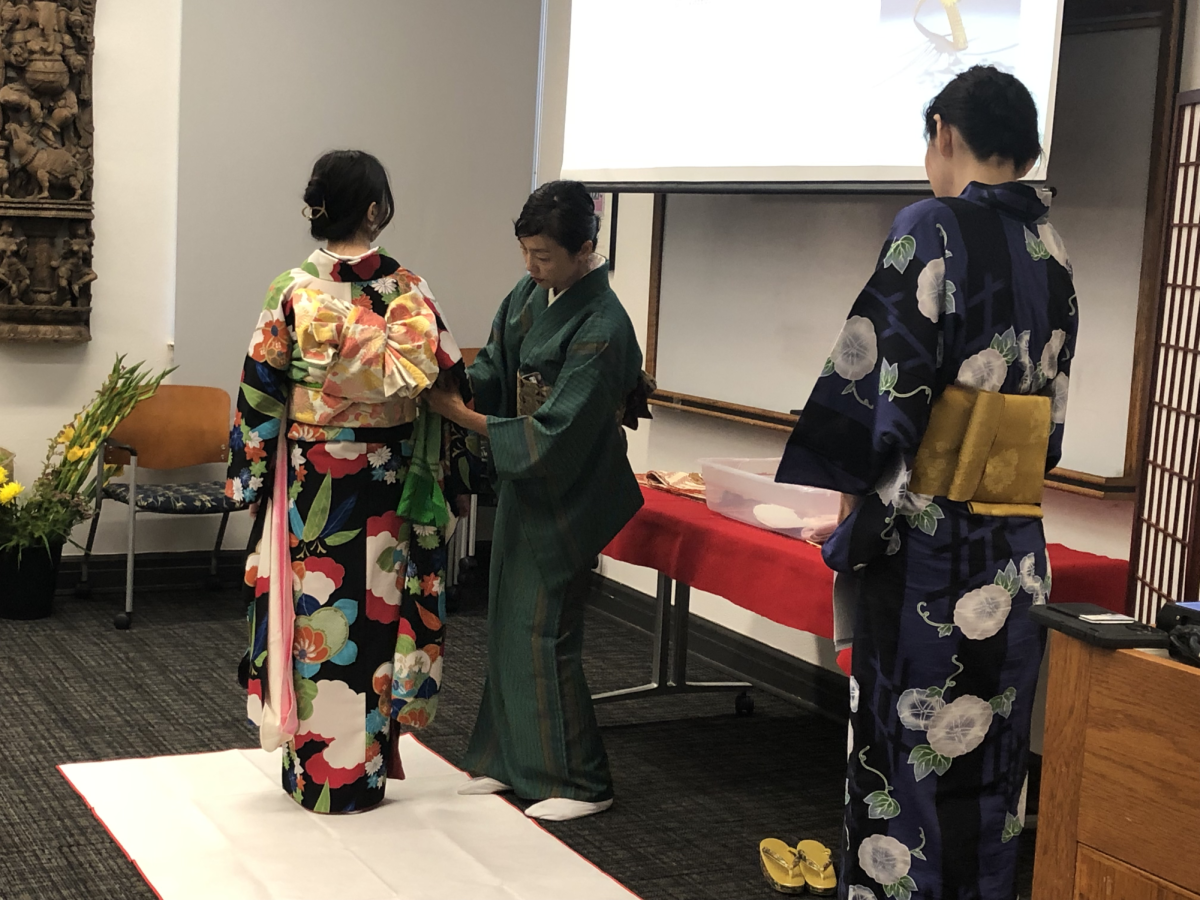In an average week, Roxanne Springman, art and entertainment technologies sophomore, spends anywhere from $20 to $50 on coffee.
According to a 2016 Acorns survey, she’s not alone. The average American spends just over $20 a week on coffee, while 41% of millennials surveyed admitted to spending more on coffee in the past year than they invested in their retirement. However, for many students, their coffee spending habits are either temporary or worth the long-term costs.
“Right now, I feel like it’s just an addiction that will pass, … but it (has) definitely started hurting me (financially),” Springman said.
Although Springman brews her own coffee in the mornings, she said she typically purchases more on campus or at a coffee shop later in the day. Springman said coffee is worth the cost because it brings back fond memories of her family and allows her to create new memories with fellow students.
“It’s a thing that all college students like, so it’s fun to connect with students on campus,” Springman said. “It’s one constant I have in my life that won’t change.”
Corporate communications senior Ariana Villalta usually spends $15 to $20 a week on coffee.
“I try not to think about it too much because there’s a lot I could do with that money, but I think it’s like a ‘treat yourself’ kind of thing,” Villalta said.
Villalta said one reason college students are willing to spend so much on coffee is the trendiness of latte art and coffee shop aesthetics. Additionally, Villalta said it’s a healthier alternative to other sources of caffeine, such as energy drinks.
“Since we’re studying and stay(ing) up so late or we need to just get through the day, I think that coffee is an essential part for a lot of people because of the caffeine,” Villalta said.
Although consistent coffee purchases add up, some students will sacrifice other investments to make up for the money lost.
“Instead of going out and buying clothes or something, I would rather spend that money on coffee or just food in general,” Villalta said. “I’m more food-oriented rather than material things.”
Springman also said she is willing to sacrifice purchasing clothes and sometimes skips lunch for coffee. Instead of making these sacrifices, some students choose to work at coffee shops to get free drinks.
Fay Medina, international relations and global studies sophomore, has worked at Caffé Medici for almost six months. However, Medina said the shop’s coffee is worth the cost because of the taste and she would pay if she didn’t get drinks for free.
“I don’t pay for coffee to get into the study mode,” Medina said. “I get it more because of the taste. I pay as much as I do or as I would in other coffee shops because of the quality of the coffee.”
Villalta said the convenience of campus coffee shops is what contributes the most to her spending. After graduation, she will cut back and make her own coffee.
“It might significantly go down because I do have a coffee machine at home,” Villalta said. “I just don’t have time in the morning to make my own coffee and drink it and enjoy it.”





















